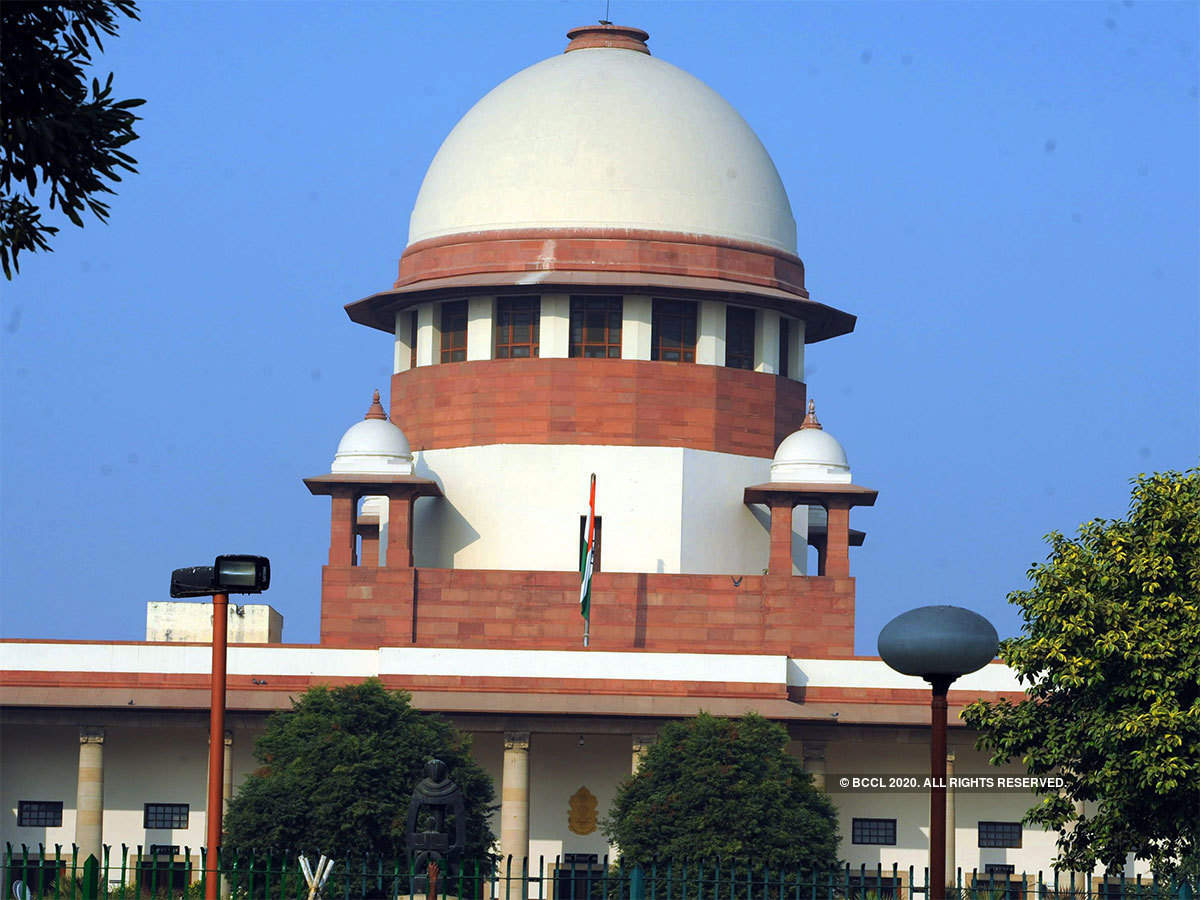
Adults can choose religion of their choice, says Supreme Court
The Supreme Court on Friday (April 10) quashed a plea seeking strict law to check religious conversions while observing that adults can choose a faith of their choice.

The Supreme Court on Friday (April 10) quashed a plea seeking strict law to check religious conversions while observing that adults can choose a faith of their choice.
A bench of Justice Rohinton F Nariman, Justice BR Gavai and Justice Hrishikesh Roy termed the petition as “very harmful” and warned the petitioner Aswhini Upadhyay, who is a lawyer and a BJP leader, to not to press the petition or he could be monetarily penalized.
“What kind of a petition is this? This is a very harmful petition. If you are going to argue this, we are going to impose a heavy cost on you,” justice Nariman told Gopal Sankanarayanan, Upadhyaya’s lawyer.
To justify his point, Sankanarayanan referred to the Supreme Court’s judgment in the 1995 case of Sarla Mudgal wherein the top court stressed on the necessity of having a unified central legislation on religious conversion.
“There is a reason why the word ‘propagate’ is there in the Constitution. You have to have some meaning for that word. There is no reason why somebody above 18 cannot choose one’s own religion or somebody else’s religion,” Justice Nariman responded to Sankanarayanan’s contention.
Sankaranarayanan then said his petition was not about interfaith marriages, but justice Nariman said: “It is exactly about that. You argue this petition at your own risk. We will impose a heavy cost on you.”
Upadhyay wanted the Supreme Court to issue directives to keep a tab over “fraudulent and forcible religious conversion”. He said that religious conversions “by hook or crook” was not only against the Constitution of India, but also against secularism.
Also read: Electoral bonds can be issued from April 1, rules Supreme Court
A total of eight states — Odisha (1967), Madhya Pradesh (1968), Arunachal Pradesh (1978), Chhattisgarh (2000), Gujarat (2003), Himachal Pradesh (2006), Jharkhand (2017) and Uttarakhand (2018) — have anti-conversion laws, but there was no such central law. He said the Centre should be allowed to make such a law for the entire country with a minimum imprisonment of three years along with a heavy fine.
Also read: COVID hits judiciary, number of pending cases soars across courts
Upadhyay told Hindustan Times: “I will immediately approach the Union home ministry, law ministry and the law commission of India with my plea on taking appropriate steps towards a central legislation. I will approach the Supreme Court again if no effective steps are taken in the next six months.”


